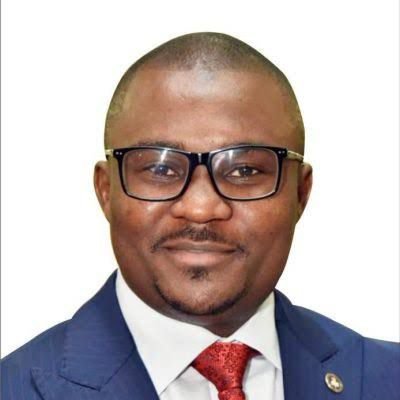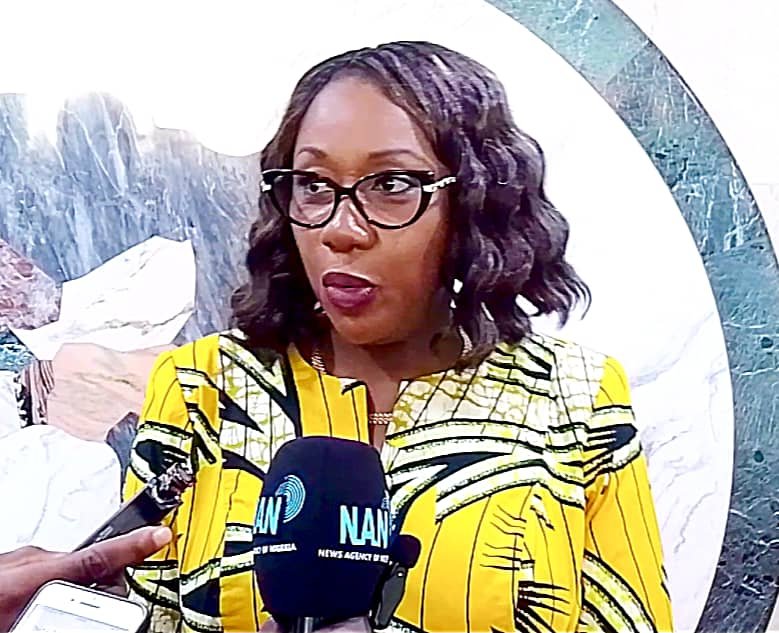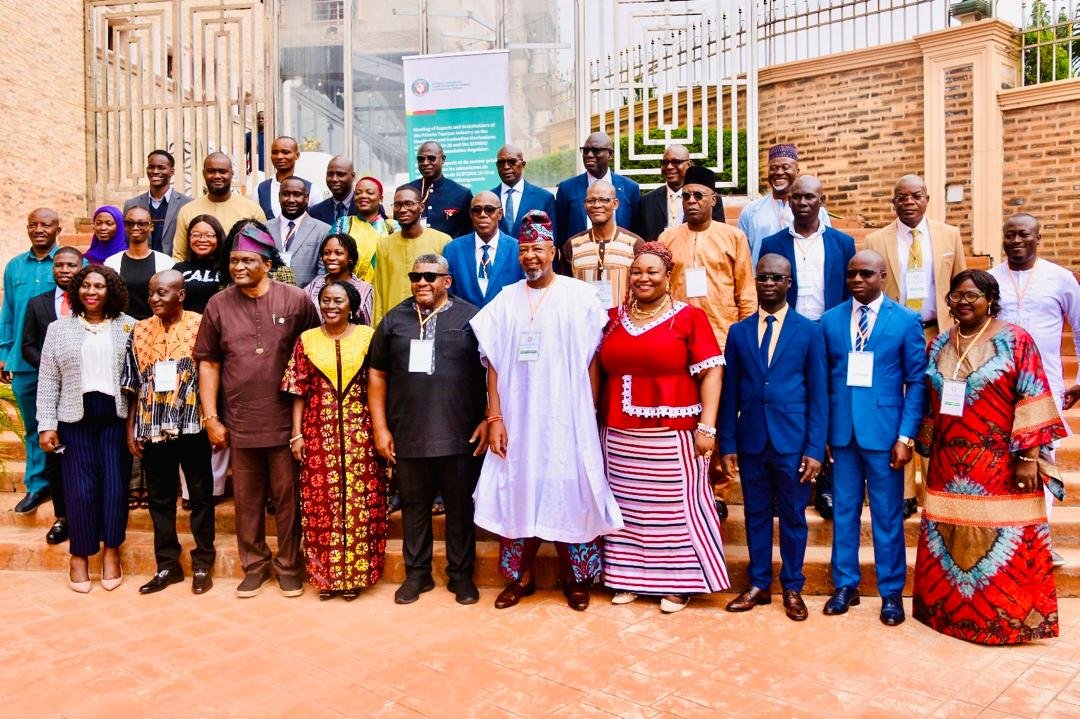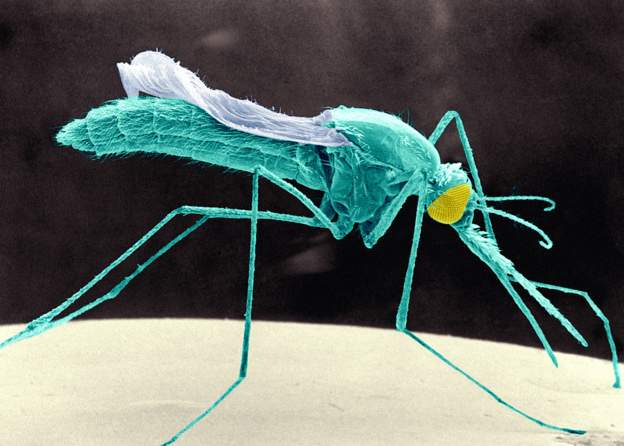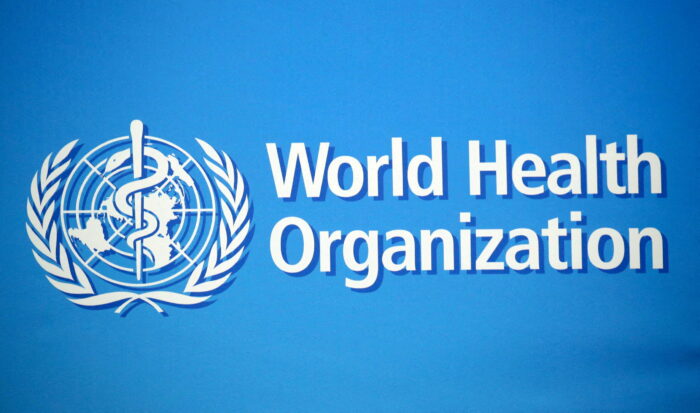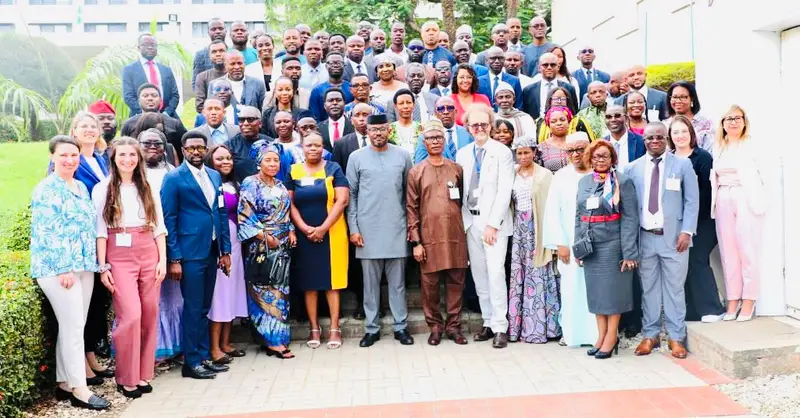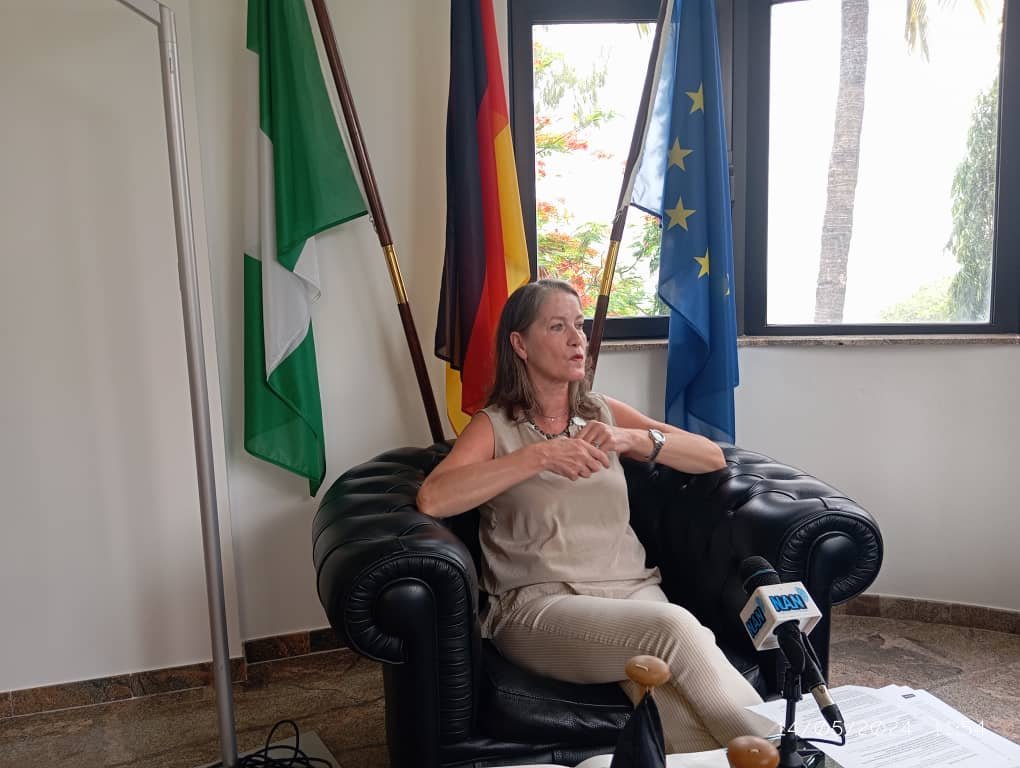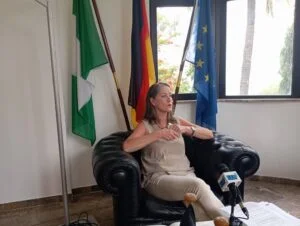234 total views today
By Mark Longyen, News Agency of Nigeria (NAN)
Industry experts say the tourism sector globally is currently valued at a whopping 10 trillion dollars.
According to them, this is three times more profitable and valuable than the agricultural sector and constitutes about 10 per cent of global GDP.
Data from the World Travel and Tourism Council also projects that global tourism will add more than 11.1 trillion dollars to the global economy by the end of this year.
This implies that the figure will spiral to about 16 trillion dollars, in 10 years adding about 11.4 per cent to global GDP and 12.2 per cent of jobs globally.
The economic impact of tourism is also projected to continue to gain ground, as 10 per cent of the world’s population is currently employed in tourism-related jobs.
According to the United Nations World Tourism Organisation (UNWTO), now renamed UN Tourism, the growth of international tourism will continue to outpace overall global economic growth.
The UN agency says it has carried out the largest and most inclusive dialogue on the critical role of global collaboration in building a better future for all, with tourism topping the agenda.
Secretary-General of UN Tourism Zurab Pololikashvili, has urged nation-states to leverage the tourism industry’s phenomenal growth and manage it responsibly to enhance overall global economic growth and development.
Pololikashvili stressed the need to ensure adequate tourism policies and proper destination management are in place to advance sustainability and inclusion.
“As society progresses, the tourism sector, much like many other sectors, needs to transform to serve as a catalyst for prosperity at a universal scale,” Pololikashvili said.
Analysts, however, believe that achieving these ambitious lofty objectives will only be possible through the collaborative efforts of all stakeholders through public-private partnerships and innovative solutions.
They stress the need for enhanced collaboration among stakeholders, technology, increased awareness of investment opportunities, and the engagement of priority areas for future investments and development initiatives.
For instance, Dr Ngozi Okonjo-Iweala, the Director-General of the World Trade Organisation, thinks that ECOWAS member-states need to engage in public-private partnerships and innovative solutions to address the development challenges before West African countries.
Speaking recently at the 2024 ECOWAS Investment Forum (EIF2024) in Lome, Togo, the WTO boss emphasised the need for synergy among member-states, describing it as a panacea for achieving developmental success.
She urged West African countries to leverage the recently unveiled African Continental Free Trade Area (ACFTa) and deploy digital and physical infrastructure to achieve success in this area.
“The ECOWAS sub-region can boost investment if member-states focus on regional collaboration and integration through ACFTA.
“African governments must work to reduce commercial costs within the sub-region and improve physical and digital infrastructure,” Okonjo-Iweala said.
Inspired by the ambition to stimulate the tourism sector’s growth and ultimately achieve sub-regional economic development, ECOWAS recently convened a meeting of experts and stakeholders in Abuja to foster collaboration between the bloc and tourism stakeholders in the private sector.
The strategic high-level dialogue was predicated on the need to review, validate, and apply extant instruments for fostering a robust sub-regional tourism federation.
Speaking at the event, Folorunsho Coker, Director-General of the Nigerian Tourism Development Corporation (NTDC), called for collaboration among stakeholders and the streamlining of tourism policies to unlock the bloc’s tourism potential to enable it to compete globally.
“It is the season to collaborate, not to compete; it’s in the spirit of collaboration that we can grow pan-African tourism.
“We must harmonise regulations guiding the tourism sector across the 15 ECOWAS states, and train operators.
“We must also embrace technology, or it will leave us behind,” Coker stated.
ECOWAS Commissioner for Economic Affairs, Massandjé Toure-Liste, said the meeting was necessitated by the sub-regional plan to promote responsible tourism, which focuses on monitoring mechanisms and operational guidelines.
“Our focus includes facilitating private sector dialogue and encouraging strategic regional alignment and collaboration.
“The aim is to support the creation of a regional private sector-driven tourism confederation,” Toure-Liste said.
The participants ultimately issued a communique announcing the review, validation, and adoption of new resolutions, compromising ECOWAS tourist accommodation establishments, and regional trade policy instruments.
According to them, these resolutions will boost intra-regional collaboration, develop the bloc’s tourism industry, and transform the subregion into a tourist haven and preferred tourist destination through streamlined policies and engagement with the private sector.
Anthony Elumelu, ECOWAS acting Director of Private Sector Investment, explained that with the resolutions reached and the signing of the communique, the bloc was now gradually emerging as a global tourist haven and preferred destination.
He said that with the consensus reached, an enabling environment had been created for member states to implement a robust tourism confederation across West Africa, which would attract tourists globally.
According to Elumelu, the responsibility of ECOWAS is to create an enabling environment for member states to churn out the legal instruments, adopt them, and implement them.
“We have achieved a level of consensus; we have an association now that will drive this and key into what they call ECOWAS Business Council. So with these, I think we are moving forward as a tourist destination.
“Tourism is not an internal matter; you need global attraction to have ECOWAS as a tourist destination country. So these are the things and I am positive that in the next few years, we will be talking about a robust regional tourism sector,” Elumelu said.
ECOWAS Programme Officer for Tourism, Stella Drabo, said that she was proud to declare that ECOWAS was emerging as a global tourist destination of choice due to the efforts being put in place to that effect.
“And today, as the ECOWAS Commission, it is something we are very proud of, we can now say ECOWAS is now a tourist destination because we have the private sector; we have the regional body, ECOWAS, with our private sector being the ones operating.
“We have everything in place. So, now the train is complete, we will develop our region’s infrastructure, we will now double and even triple the horsepower, to go further and further,” Drabo said.
Drabo added that addressing the bloc’s surging security challenges was important for tourism to thrive, but noted that insecurity was not a hindrance to tourism because many parts of the world where tourism is thriving are experiencing even worse security challenges.
The President, Federation of Tourism Associations of Nigeria (FTAN), Nkereuwem Onung, expressed confidence that with collaboration between the Commission and the private tourism sector towards implementing regional tourism policies, the ECOWAS bloc was being transformed to a choice tourist destination.
He said that the collaboration would precipitate unprecedented economic growth in the ECOWAS bloc, as people would henceforth be able to have multi-tourism destinations, which come with the benefits of attendant economic development for the subregion.
Analysts believe that with the collaboration between ECOWAS and the private tourism sector, coupled with the adoption and unveiling of these strategic initiatives, West Africa is poised to emerge as a global tourist haven. (NANFeatures)
****If used please credit the News Agency of Nigeria.



